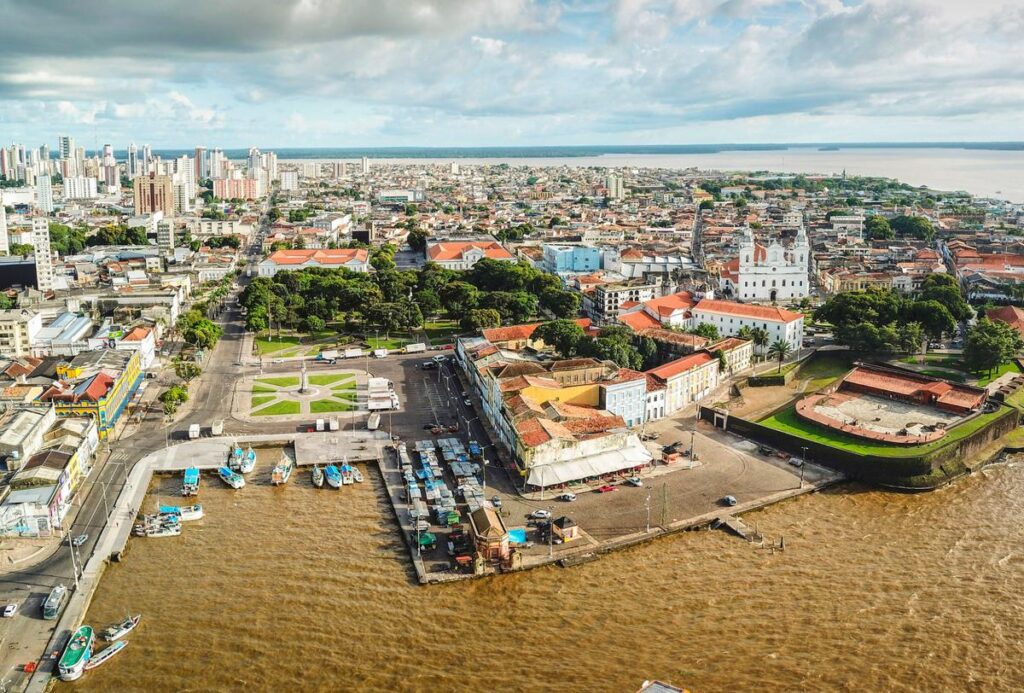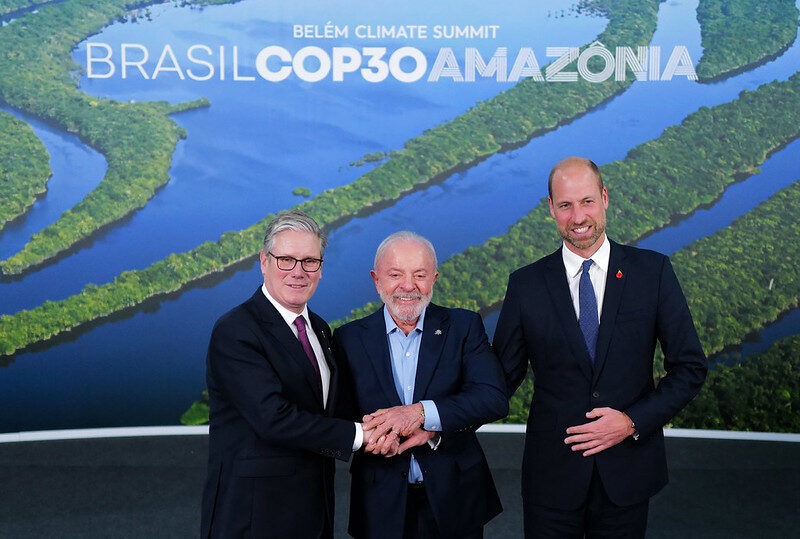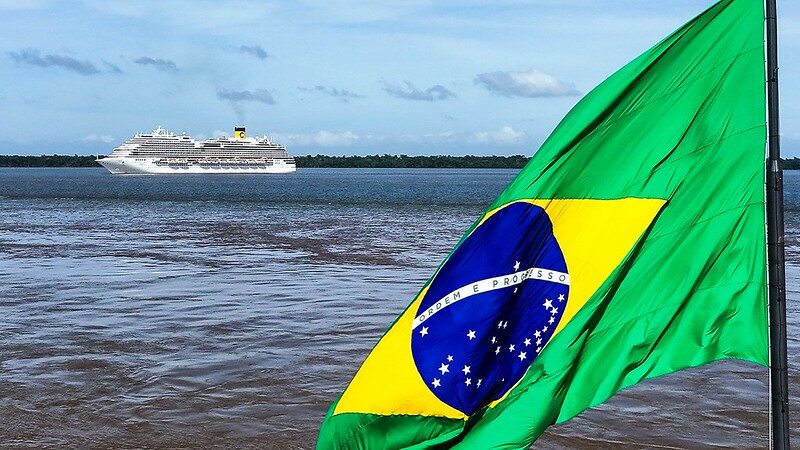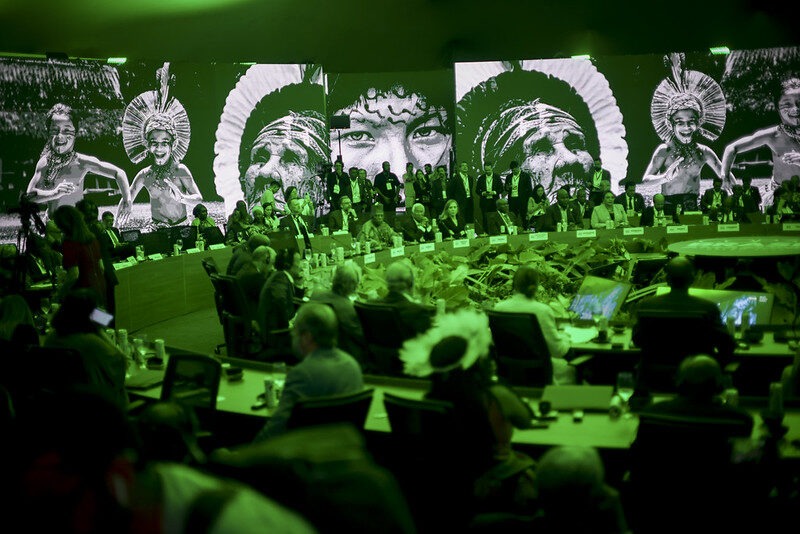From November 10 to 21, 2025, the eyes of the world turn to Belém, the capital of the northern state of Pará, where Brazil is hosting the 30th United Nations Climate Change Conference (COP30) — the world’s largest and most influential climate summit. The Leaders’ Summit, taking place on November 6 and 7, sets the tone for nearly two weeks of negotiations that could shape the next decade of global climate policy.
What Is COP30?
The term “COP” stands for Conference of the Parties — the decision-making body of the UN Framework Convention on Climate Change (UNFCCC). It brings together almost 200 countries each year to review progress and define collective strategies to address global warming.
This year’s edition marks ten years since the Paris Agreement, signed in 2015, when world leaders committed to limiting the rise in global temperature to 1.5°C above pre-industrial levels. COP30 will assess how far countries have come and what new measures are needed to keep that goal within reach.
Why Belém, Brazil?

The choice of Belém as host city was confirmed in 2023 after a proposal made by President Luiz Inácio Lula da Silva during COP27 in Egypt. Lula invited world leaders to experience the Amazon firsthand, emphasizing the rainforest’s vital role in regulating the planet’s climate.
Located at the mouth of the Amazon River, Belém is the first city in the world’s largest tropical forest to host a UN Climate Conference — a symbolic move that highlights the connection between global climate action and the protection of biodiversity.
The main venue, the Hangar Convention and Exhibition Centre, has been expanded and modernized to accommodate heads of state, delegations, and journalists from more than 140 countries.
Who’s Attending — and Who Isn’t

According to Brazil’s Ministry of Foreign Affairs, 143 delegations and 57 heads of state and government are confirmed to attend the Leaders’ Summit.
Confirmed attendees include:
- Keir Starmer, Prime Minister of the United Kingdom
- Emmanuel Macron, President of France
- Ursula von der Leyen, President of the European Commission
- Prince William, representing King Charles III
- António Guterres, UN Secretary-General
Notably absent are:
- Donald Trump, President of the United States, who has stated his intention to withdraw from the Paris Agreement
- Javier Milei, President of Argentina
- Xi Jinping, President of China, though a large Chinese delegation will participate
Their absence underscores the diplomatic complexity of the conference, as the U.S. and China are responsible for the largest shares of global emissions.
Ten Years After the Paris Agreement
COP30 represents a milestone moment for climate diplomacy. A decade after the Paris deal, nations must present updated Nationally Determined Contributions (NDCs) — their individual climate action plans — and demonstrate measurable progress toward emission reduction.
Scientists warn that the planet is currently on track for a temperature rise above 2.5°C by the end of the century, far exceeding the Paris goal. The summit’s agenda therefore focuses on accelerating energy transition, financing adaptation projects, and supporting developing countries in reducing emissions.
Logistical and Local Challenges

Hosting COP30 in the Amazon comes with unique challenges. When Belém was selected, the city lacked sufficient hotel capacity. The government of Pará introduced tax incentives to expand accommodations, and even two cruise ships were chartered to serve as floating hotels.
However, rising prices caused controversy earlier this year, as smaller delegations struggled to secure affordable lodging. The federal government later intervened to stabilize rates through an official accommodation platform.
The event has also had ripple effects on local life — including the cost of açaí, a staple food in northern Brazil. Prices have surged more than 50% in 2025, driven by increased demand linked to the international spotlight.
Security and Operations
President Lula authorized the use of the Armed Forces to support security during the event under a Guaranteeing Law and Order (GLO) decree. Military patrols will operate in Belém, Altamira, and Tucuruí, safeguarding key infrastructure such as ports, airports, and hydroelectric plants. The measure follows similar security protocols used during the G20 and BRICS summits in Brazil.
The Opening Sessions
President Lula will preside over the opening plenary on November 10, focusing on Energy Transition and The Paris Agreement at Ten. Bilateral meetings with European and Latin American leaders are also scheduled in the days leading up to the summit.
Beyond negotiations, COP30 will feature hundreds of side events organized by civil-society groups, indigenous representatives, universities, and private companies — all emphasizing innovation and collaboration in climate action.
Key Facts
- Event: 30th UN Climate Change Conference (COP30)
- Dates: November 10–21, 2025
- Leaders’ Summit: November 6–7
- Host City: Belém, Pará, Brazil
- Venue: Hangar Convention and Exhibition Centre of the Amazon
- Expected Attendance: 143 delegations, 57 heads of state and government
- Official Site: unfccc.int/cop30
Belém at the Center of Global Climate Diplomacy

For the next two weeks, Belém becomes the world’s climate capital — a meeting point between diplomacy, science, and the Amazon’s natural legacy. As delegates arrive from every continent, the city at the mouth of the Amazon River becomes a symbol of both the urgency and the opportunity of this global conversation.
Brazil now stands at the forefront of climate diplomacy — and all eyes are on Belém to see what the next decade of environmental commitment will look like.







